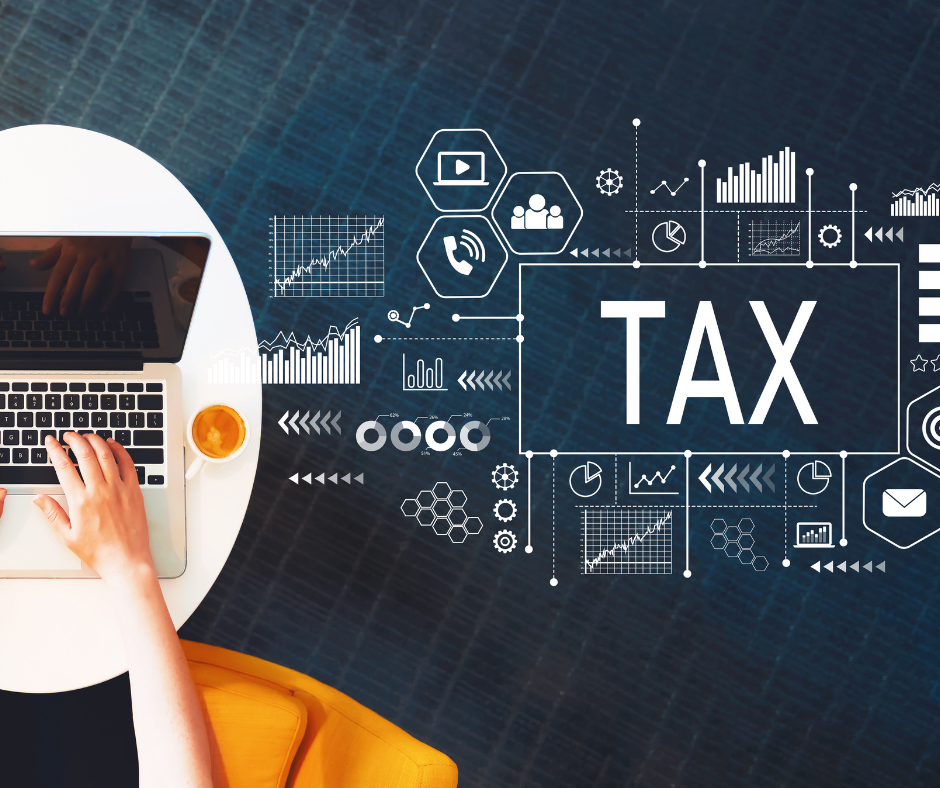Forecasting how much cash flow comes in and out of business is typically the responsibility of said business's financial team. But what if you are a freelancer or someone who wishes to learn the trick of the trade?
Assembling a forecast requires continuous input from many stakeholders and data sources, especially in larger companies that take many hours to organize.
That is why we've compiled this article on building a cash flow forecast the proper way for those willing to learn what it takes to visualize how to utilize their cash effectively.
What Is Cash Flow?
Cash flow forecasting is the process of trying to obtain an estimate, the forecast, of a company's financial position across all business areas. The cash flow forecast shows projected cash based on the expenses and yearly income flowing in and out of the company.
It is an essential tool to help make decisions regarding funding, investments, and even capital expenditure.
This process can be carried out for a range of timelines, with a short-term forecast predicting around 30 days, used to identify needs or excess money in the intermediate-term. In comparison, longer-term forecasting lasts about three years ahead or longer, if required. The only thing with a long time is the less accurate the calculation.
The Purpose of Forecasting
Predicting the position of your cash should be the top priority of many, if not all, companies, as it helps business owners stay on top of their expenses, prepare for the future, and helps to make better, more informed decisions.
At the most beginner level, a forecast can tell if your company will have a positive cash flow (more money coming in than it's filtering out) or a negative flow (more cash going out than coming in) at any given point in time.
Armed with an accurate prediction, you can minimize the buffer size needed for unforeseen expenses, allowing the company to use its excess cash better.
How To Forecast Your Cash Flow
The best way to forecast the cash flow of your business will always depend on a few given factors: your business’s objective, the investor’s requirements and how accessible the information within your organization is.
Here are a few steps to review when deciding to forecast your cash flow:
1. Determine Your Objective
To ensure that you see actionable insight from your cash flow forecast, you must first decide the business's objective that the estimates should be focusing on calibrating.
It is found that more commonly, organizations use their forecasts for one of the following reasons:
Interest reduction: Ensures the business has enough money in their pocket to make payments on any loans or debt the company has taken on.
Planning For Growth: This allows the business to see if they have enough working capital available to fund activities that will help with the growth rates of revenues in the future.
Risk Management: Creates a range of vision into potential liquidity that could arise in the future so that there is more time to address any that occur.
2. Choose A Method
There are about two primary types of forecasting methods: direct and indirect. The main difference is that forecasting directly uses flow data, whereas indirect forecasting tends to use projected balance sheets or income statements.
Choosing a method that works for you will depend on the objective you've selected, as well as any kind of data you might have in hand to build your forecasting model.
3. Choosing a Timeline
Once the business objective and method of forecasting are determined, the next big thing to consider is how far in the future you would like your forecast to look into.
Here are a few forecasting periods that many recommend businesses to follow:
Short Period: short term forecasts are typically four to five weeks in length and contain a daily breakdown of receipts and cash payments.
Medium Period: Medium terms typically look around three to six months in the future and are extremely useful for looking at the interest and debt reduction.
Long Period: These periods last around six to twelve months in the future and are generally used as a starting point for budgeting processes annually.
Forecasting Your Solutions
Cash flow software can help companies forecast their future flow with greater accuracy and less time commitment.
Interested in forecasting but not sure if you are confident enough to do it on your own just yet? Book an appointment with one of our accountant specialists to start your forecasting solutions today.




















